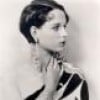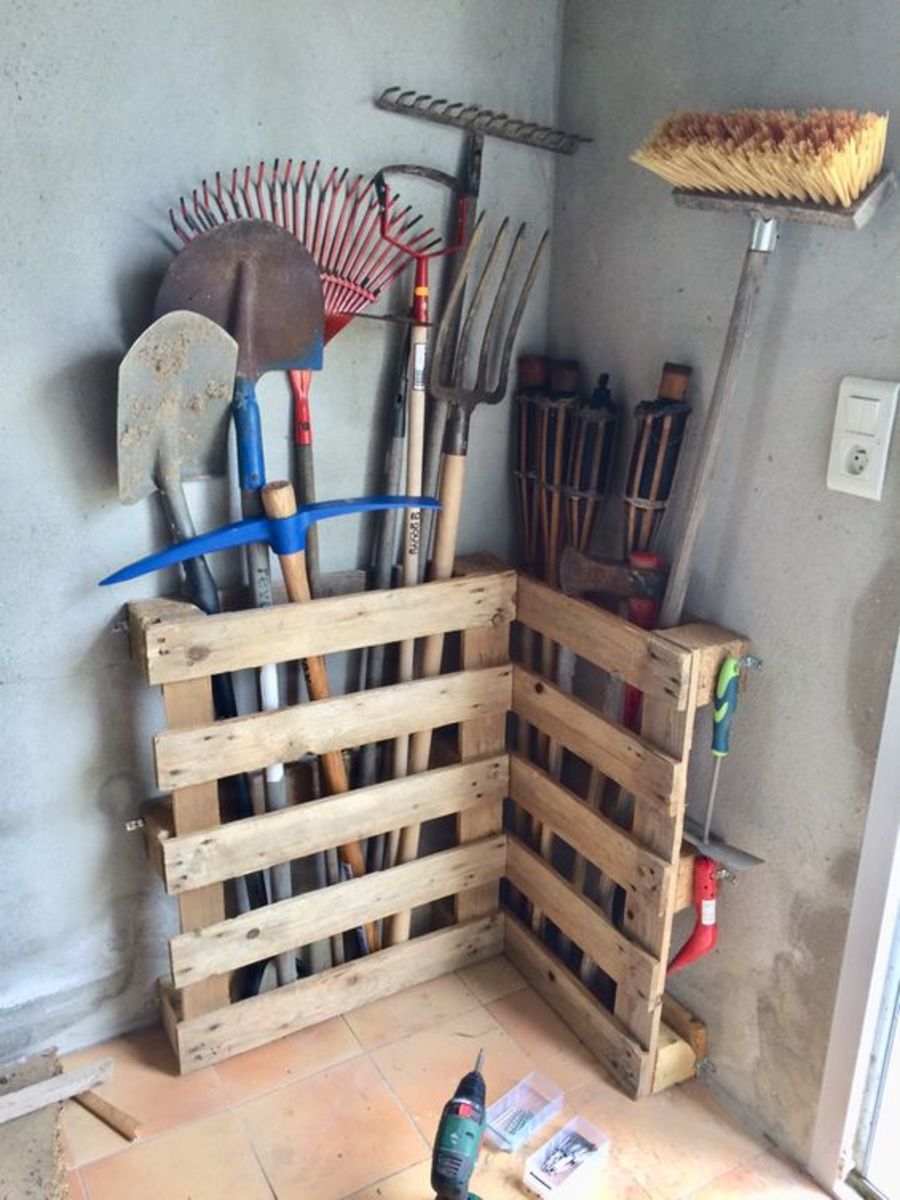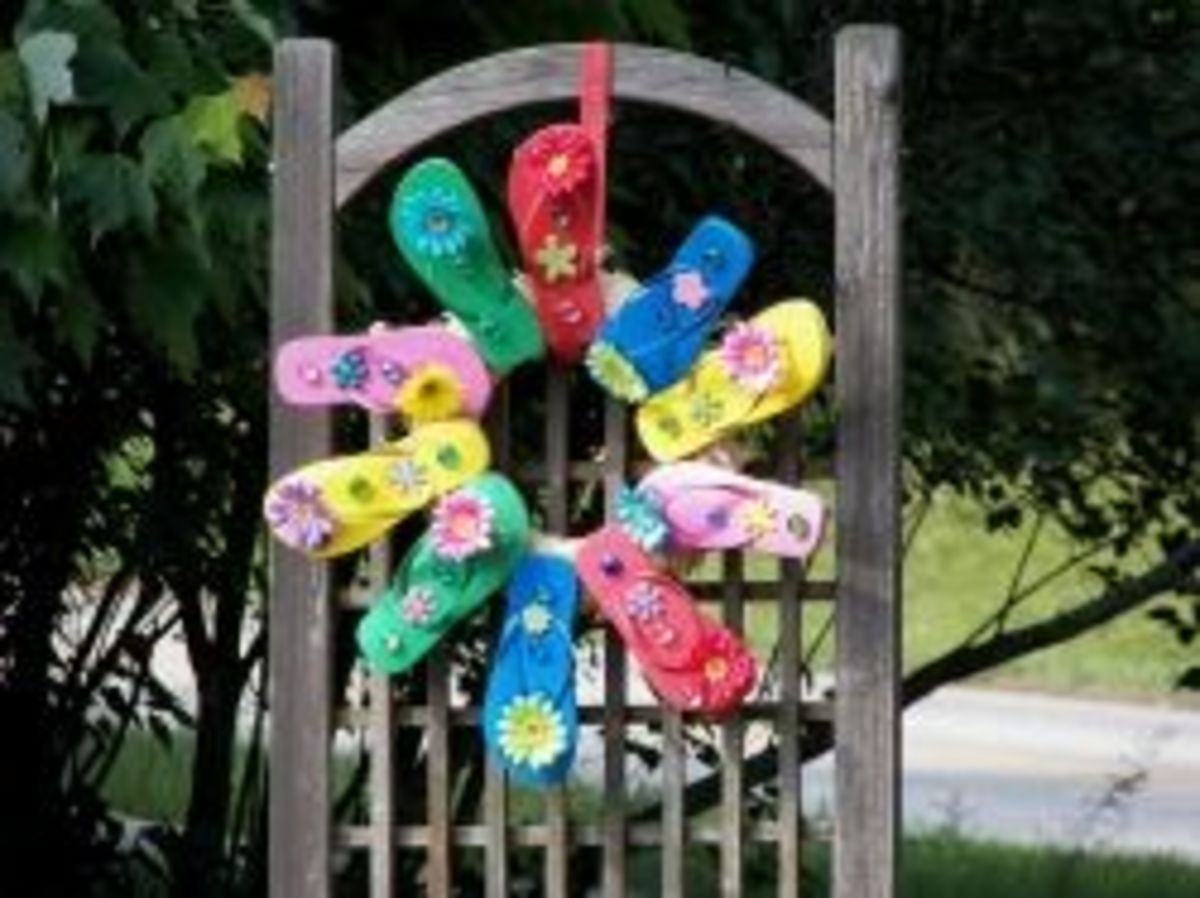Vintage Reproduction Jukeboxes
From the earliest coin-slot phonographs to the dazzling light-up machines of the 1950s and 60's - for a large chunk of the 20th Century, jukeboxes provided musical entertainment for patrons of cafes, clubs, pubs, soda fountains, roadhouses and other sundry venues.
The origin of the word 'jukebox' is unclear but some have suggested it was a reference to Juke Houses, which was a vernacular term for bawdy houses of ill repute. This in term, stemmed from the African American (Gullah) term Joog meaning wicked or disorderly. Another theory is that the term comes from the African word Jook, meaning to dance. In any case, the earliest coin operated phoographs were not called Jukeboxes until the 1930s.
Trivia -The first reference to Jukebox was made by a Texas distributor in about 1937 but when Farney Wurlitzer discovered the use of the term, he banned its use, believing the term degraded the 'fine' machines. Thus Wurlitzer did not use he word 'Jukebox' in ads until 1972, after Faney's death. (from TomsZone)
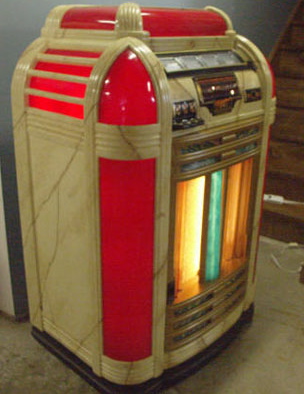
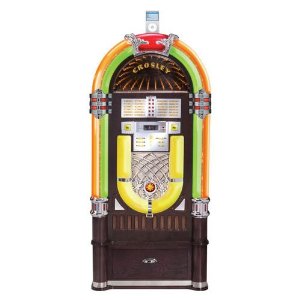
Coin Operated Phonograph
Jukeboxes in their earliest form first began appearing in public places as far back as 1889, when the Palais Royale Saloon in San Francisco installed a coin operated Edison phonograph, known as the nickel-in-a-slot-player. The public took to it immediately and eagerly paid their nickel. in the first six months tht one machine had made it's owners $1000 - a very large amount for the times.
Made by the Pacific Phonograph Company, the Class M electric phonograph was encased in a smooth oak cabinet and listeners could only hear the music via long snake-like tubes placed up to their ears and when they were done, they wiped the end of a tube with a supplied towel. Not exactly conducive to jumpin' and jivin' ...but that was to come later.
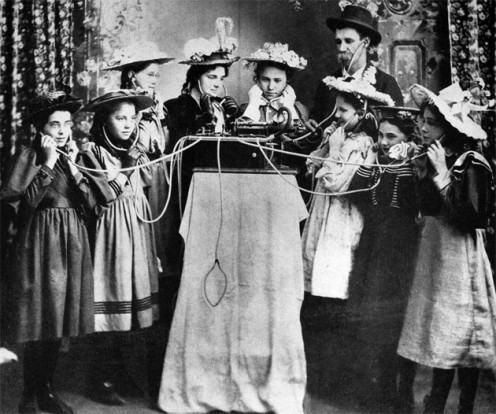
!950
By the second decade of the 20th Century, the phonograph had given way to the cylinder and coin slot machines coud now offer listeners a choice between multiple records, which were all 78's until 1950, when the jukebox was once again reinvented. The Seeburg machines could play both sides of 50 78 rpm records for a total of 100 selections.
In 1950, the first 45 rpm vinyl record machines were manufactured by Seeberg and over time the amount of records available to play increased from 50 to 80 and 100. The selecto-matic Seeburg M100C is featured in the opening credits of Happy Days TV show (see video)
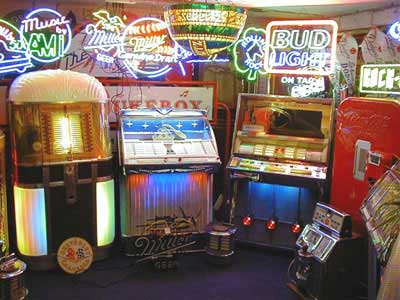
Silver Age Jukeboxes
The 1950s were the boom period for jukeboxes and the silver age refers to the new stye elements, which include of flashy chrome trims intead of the hard resin that had been used previously. Although jukeboxes in the 1940s had some attractive features, they stilled worked on 78 rpm's and were not illuminated in the eye-catching way the later models were.
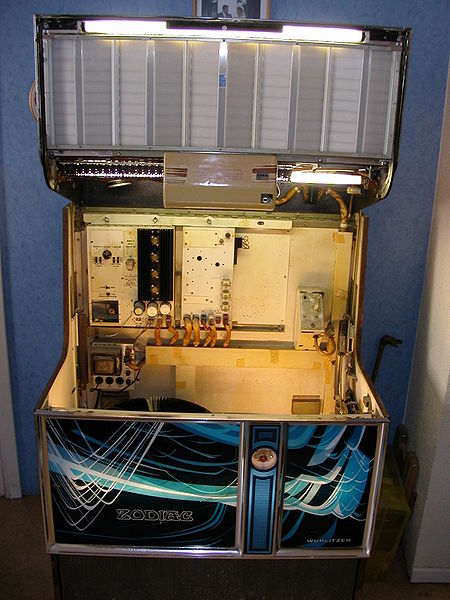
- Restored Classic Jukeboxes for sale at Beyst Jukebox based in Lincolnshire, UK
Eddy Beyst collection of restored classic jukeboxes based in Lincolnshire,UK. Original A.M.I., Wurlitzer, Rock-Ola jukeboxes from the 40's, 50's and 60s.
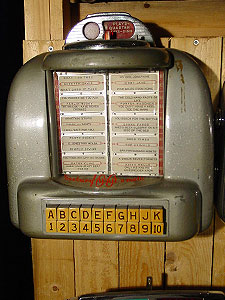
Wall Jukeboxes
In the 60's and 70's wall fixed, small jukeboxes, such as the Seeburg 3W1, became popular in booth-style restaurants and they priced to be very profitable as well. Patrons could flip through a selection of tunes while they waited for their meals and eat to the sound of their own private melodies
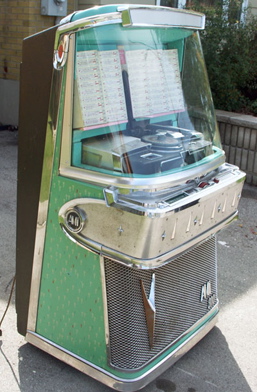
I love rock 'n roll...put another dime in the jukebox baby~ Alan Merrill
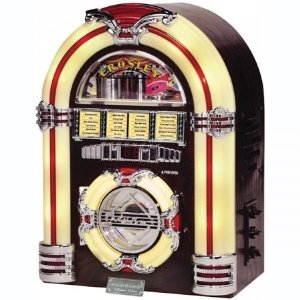
Buying a Jukebox
Although jukeboxes can still be found in public venues, their popularity dclined significntly in the 21st Century, probably due to the development of the personal mp3 player.People could now take their music with them wherever they went. However, the charm of the jukebox machines is irreplacable. They went from simple wooden boxes to schmick, beautiful machines with elaborate styles and light up visual effects.
Original jukeboxes in good, working condition will set you back a few thousand dollars - anywhere from $2,000 to $30, 000 or more, depending on rarity and condition. Reproduction ones are not only much cheaper and in perfect condition, they have a few modern day technical advantages as well. Of course they don't have the history and ambiance of a real vintage box but they are still a good option for the jukebox fan.
An illuminated jukebox creates a great atmosphere at a party , fundraiser or function and are just generally nice things to have around...you can set your own selection and drift away to another time and place.
